Grim reason single homebuyers in Australia are ‘screwed’
A young Aussie has revealed a grim buying reality that has sadly become a normal part of life in 2024.
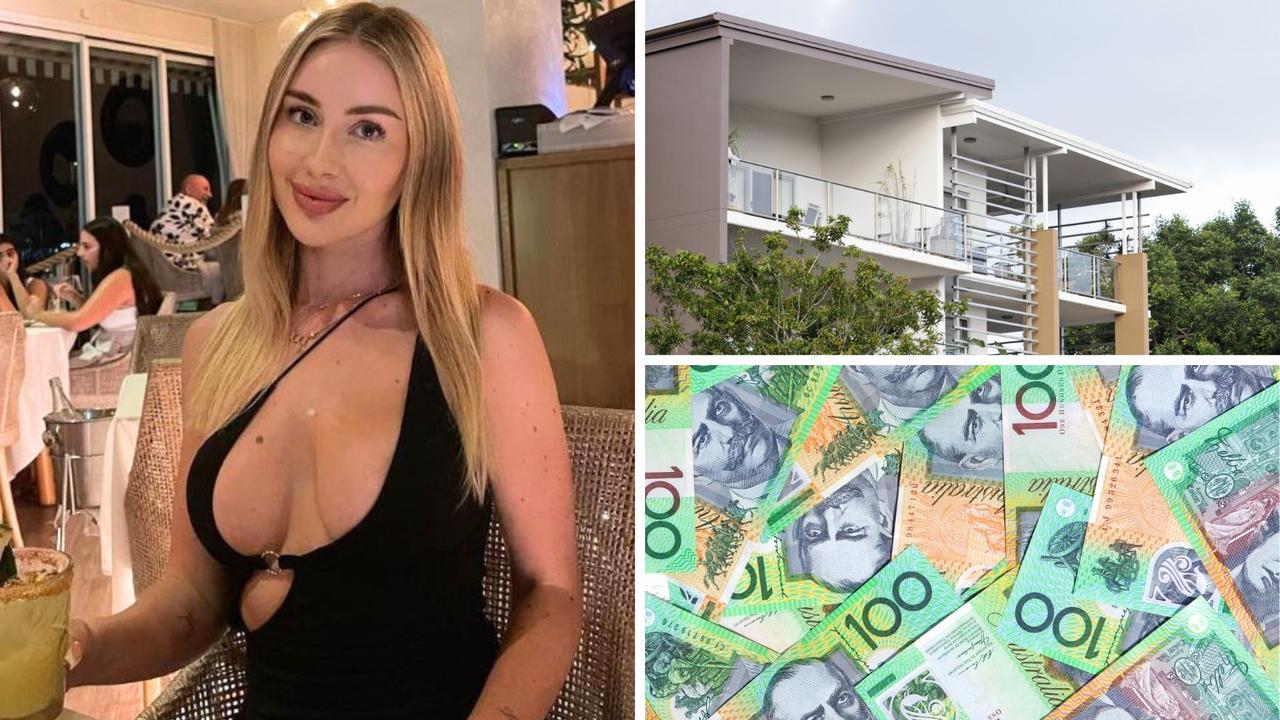
Trying to enter the property market when you’re single is an uphill battle, and Emily Webb has just started climbing.
The 25-year-old has just started saving for her first home and, already, she’s feeling bleak about her future. She’s less excited and more concerned.
Ms Webb lives in Queensland and pays $500 a week in rent, not to have a home to herself, but to share with a friend. She has watched as prices in her area have climbed over the past 12 months.
According to the Real Estate Institute of Queensland there’s been a 4.4 per cent quarterly rise statewide in median house prices, and a 12.4 per cent annual increase.
Financial comparison website Finder has also found that the average price to buy a house in Australia is currently $982,258. The average price for a unit is $663,678.
The analysis shows the minimum income required to afford the average Australian house price is $198,054 a year.
To afford an average unit, Aussies will need to earn at least $133,818.
Ms Webb said that now she has started saving for a home, she’s realised that being single is making it harder.
“It is definitely tougher,” she told news.com.au.
“I’m only on a single income and interest rates make it harder and that is holding me back.”
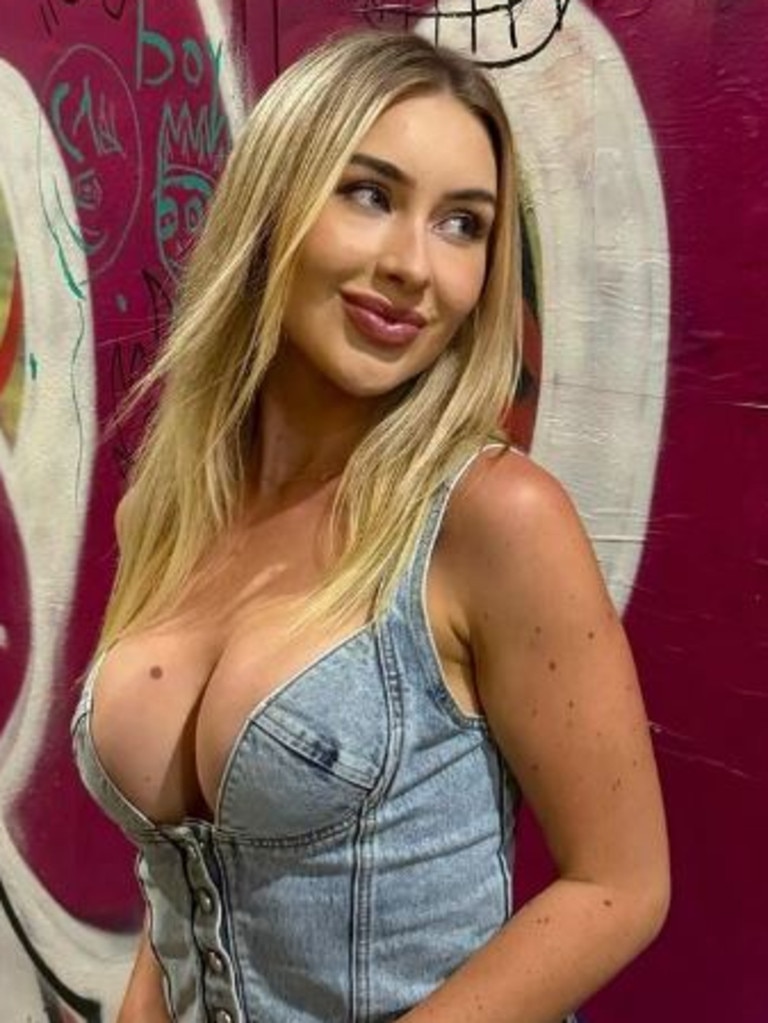

It also feels daunting for the 25-year-old to take a financial leap and buy a home because she has only one income to count on.
“You have no one to rely on and no one to support you,” she said.
Ms Webb earns more than $100,000 per year, but a lot of her income goes towards rent and she finds saving pretty tough.
She’s also not keen on only putting down a 10 or 20 per cent deposit when she finally buys something.
The young Aussie is worried that wouldn’t be enough to stop her from losing her home if she lost her income or it drastically decreased.
“I’d rather feel secure than have a huge mortgage to pay off,” she said.
“I want to save up like a 50 per cent deposit just because my income is inconsistent. I’d want to save like $500,000 which is a lot more than what most people save up for a deposit.”
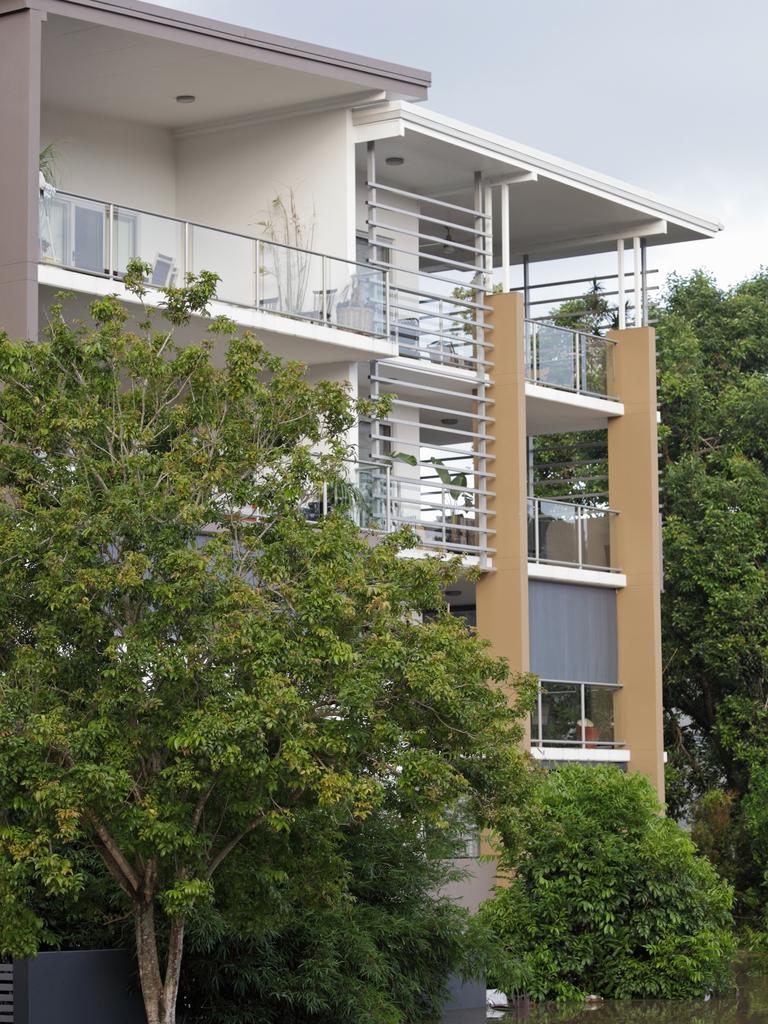
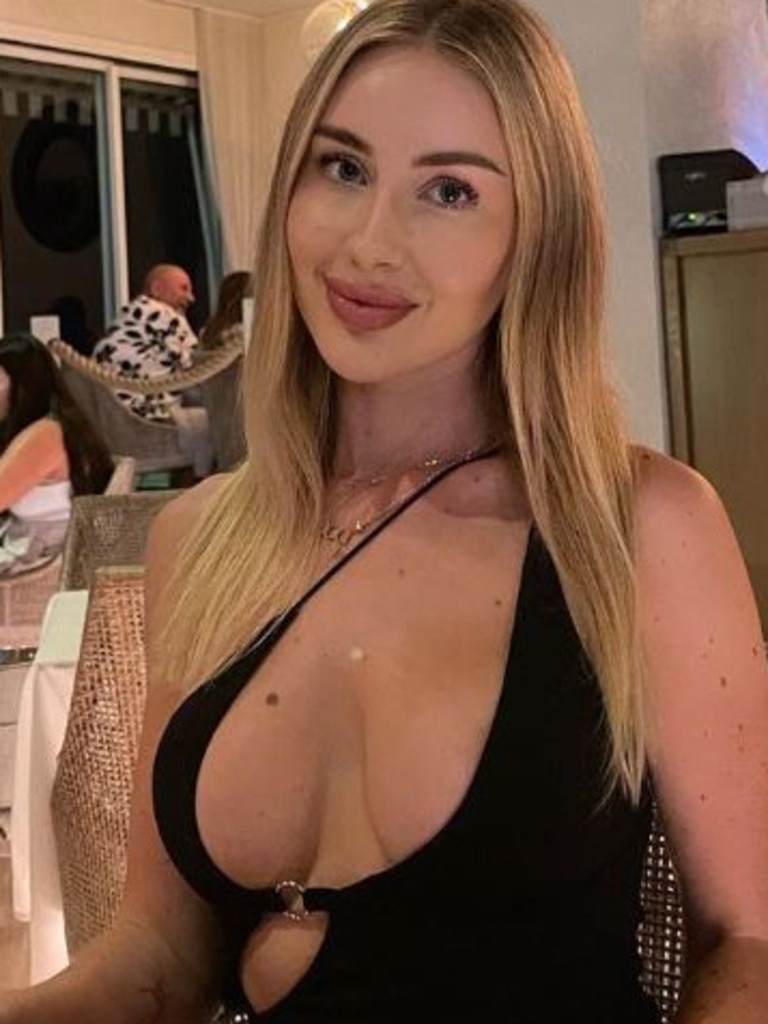
Ms Webb worries if she bought a home with the minimum deposit, something could go wrong and she’d end up “completely screwed”.
The renter said buying on her own also feels scary because it isn’t a trend she’s seeing among her peers. Most people are waiting to partner up.
“All my friends are single and none of them own homes,” she said.
She’s also worried that if she wants to stay in a beachside location, she’ll be locked out of the market.
“It is so expensive and hard if you want to live on the beach, which is where I live now. It is more affordable to move to the outer suburbs but I don’t want to live there and drive further,” she explained.
She’s earning more than she ever imagined, but even that isn’t enough to make buying a home easy.
“The housing market used to be built for a one-person income, and now everyone works. It is built for a two person income,” she said.
Housing has become so unaffordable that Ms Webb cannot even think of a salary that would ease her property concerns.
“It is just never enough,” she said.
“If I earned more money, then I’d properly just want a bigger house.”
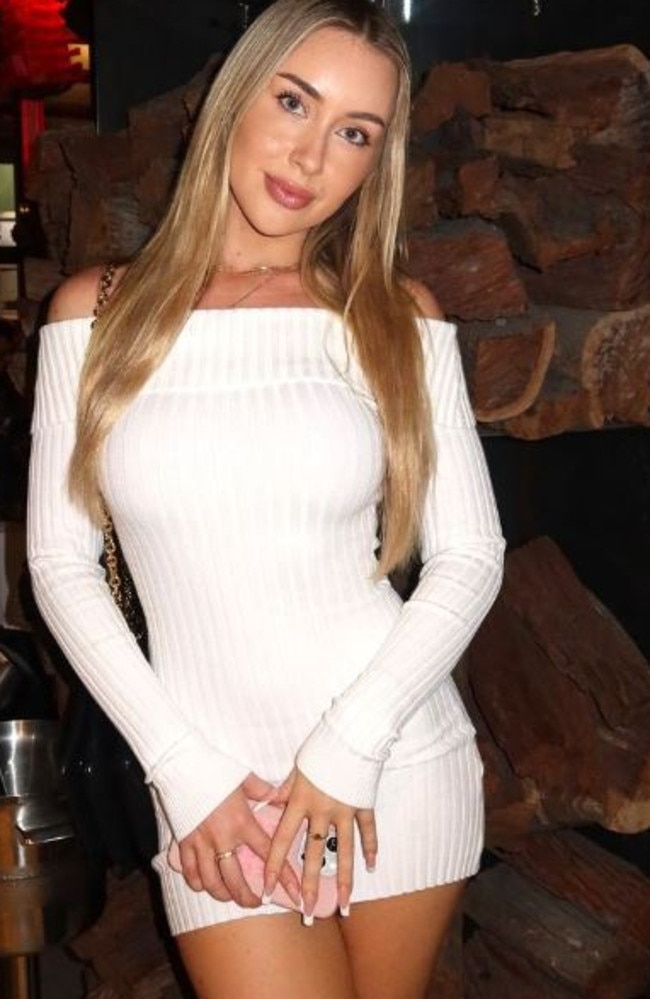
Money expert Richard Whitten told news.com.au that buying property on a single income is now an “uphill battle”.
“Your borrowing power is lower than that of a couple with a comparable income. With property prices where they are today and higher deposit requirements and mortgage repayments, solo property buying is a big challenge,” he said.
“It often requires careful planning, budgeting, and potentially compromising on location, size, or amenities.”
Mr Whitten also said that single buyers are more vulnerable if something goes wrong.
“Single-income buyers are in a more precarious spot, even after settlement. If you lose your job then suddenly your income goes to zero. Double income borrowers have a stronger safety net,” he said.
“The only advantage single buyers have is they likely don’t need to buy large properties. One or two bedroom units are obviously cheaper and a bit easier to buy. But not every buyer wants the apartment life.”






